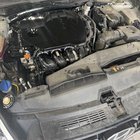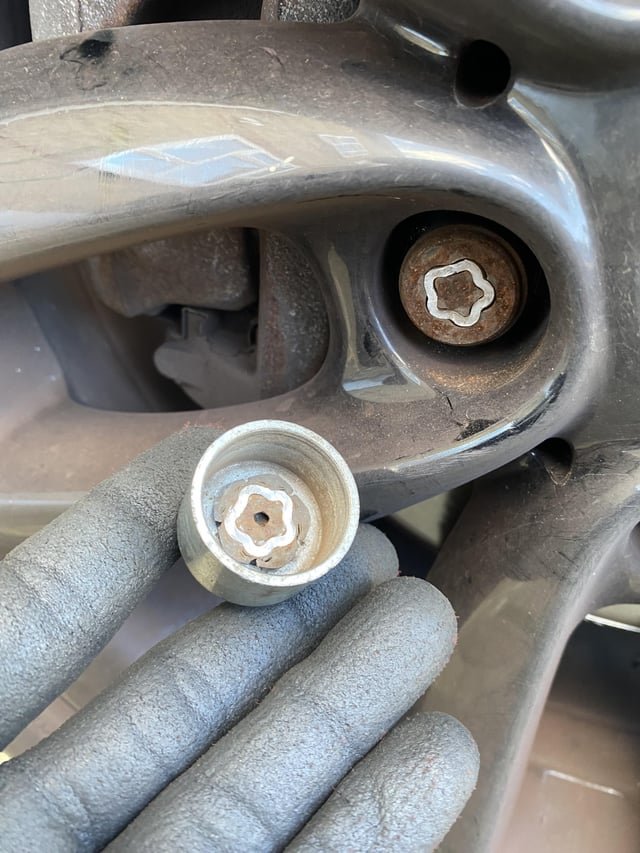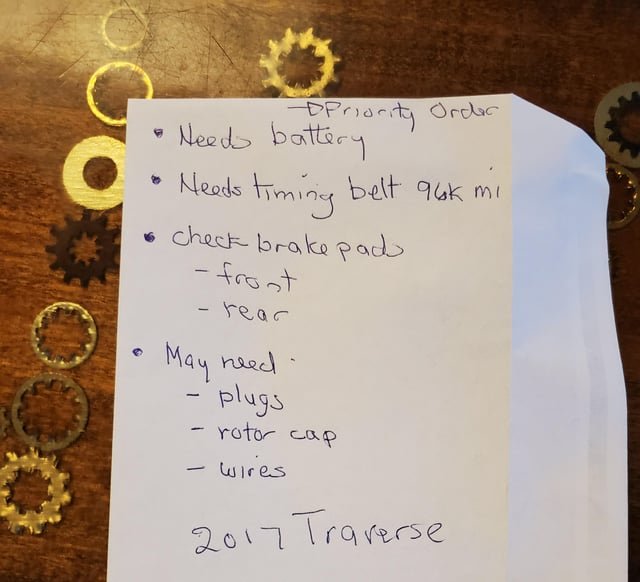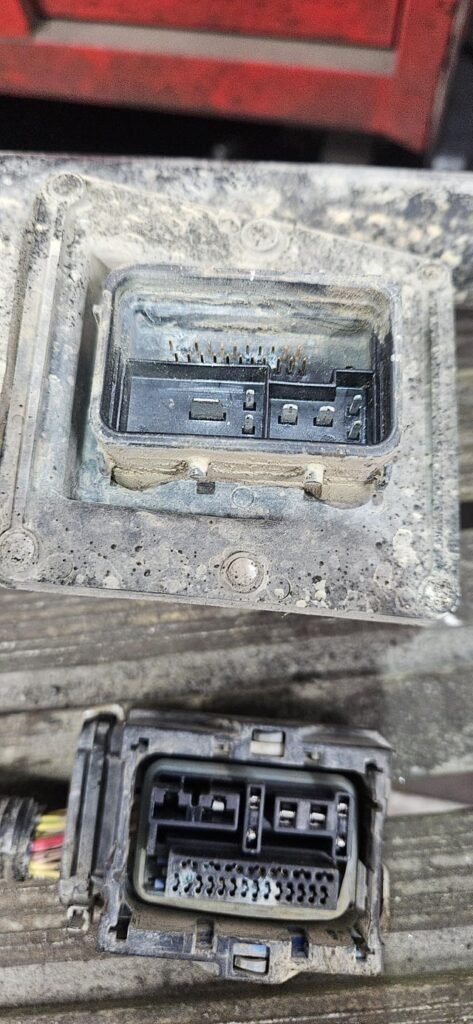Autocar understands plans are being mooted that could end production at the brand’s UK factory
Lotus UK has denied that it is planning to end production at its Hethel base and move car production to the US.
On Friday, a source told Autocar that the order to stop has come from Lotus‘s Geely management in China, with a move across the pond a result of growing tariff uncertainty.
Asked about this by Autocar, Lotus didn’t provide a comment but did confirm that production of the Emira sports car at Hethel has been paused since mid-May as the firm manages the fallout from the increase in tariffs in its key market of the US.
Lotus has subsequently posted a statement on social media, headed “the UK is the heart of the Lotus brand”. It reads: “Lotus Cars is continuing normal operations. There are no plans to close any factory.”
It affirms that the UK is “home to our sports car manufacturing, global design centre, motorsport operations and Lotus Engineering” but adds that Lotus is “actively exploring strategic options to enhance efficiency and ensure global competitiveness in an evolving market”.
According to The Financial Times, that statement came after the UK government indicated to Lotus that it was prepared to offer support to protect British jobs.
The newspaper claimed that business secretary Jonathan Reynolds was due to meet with Lotus officials on Sunday 28 June.
Lotus’s plan to build cars in the US is in part to eradicate tariff barriers.
“We believe that localisation is a feasible plan,” Lotus CEO Feng Qingfeng said on his company’s first quarter earnings call on 25 June. “We are trying to leverage our US strategy to catch up the losses due to the tariff hike.”
Feng said that Lotus had an “in-depth discussion with our strategic partners” to build in the US, without mentioning names.
The strongest possibility is that Lotus moves some production, including possibly the Emira, to fellow Geely brand Volvo’s under-utilised plant in South Carolina.
Lotus has scrambled to reduce costs amid persistent losses. The company in April laid off 270 workers at Hethel and Autocar understands its Clerkenwell (London) headquarters is set to close, having only been opened a few months ago at huge expense. The brand’s flagship store on Park Lane has been transferred to dealer group HR Owen, understood to also be part of a cost-cutting move.
Lotus sales fell 42% in the first quarter of the year, marking the first significant decline since Geely started rolling out a new range of electric ‘lifestyle’ vehicles with the Eletre SUV and Emeya saloon.
Geely bought Lotus in 2017 from Malaysian firm DRB-Hicom, which also owns Proton, but has yet to see a return on the its £2 billion investment. Lotus posted a net loss of $183 million the first quarter while debts increased to $3.3 billion.
The company has been hit by muted demand for cars at the top end of the electric segment.
“In recent years, premium brand BEV penetration does not meet our expectation,” Feng said on the earnings call.
The US was to be a big market for the new electric Lotuses, but the country’s imposition of 100% tariffs on Chinese-built EVs forced Lotus to stop selling the Eletre there.
Demand has also fallen in Europe and China, with deliveries of the Eletre and Emeya down 31% to 719 in the first three months.
The company will pivot instead to Hyper Hybrid PHEVs, with Lotus sports cars also in-line for an electrified drivetrain. The first Lotus PHEV will be the Eletre and will go on sale in the first quarter of next year, starting in China.
Hethel was to build a planned electric sports car when Emira production ended, but lack of enthusiasm in the market led Lotus to postpone that indefinitely.
“Is the market ready for an electric sports car? I don’t really know the answer to that yet,” Lotus Europe CEO Windle told Autocar in May.
Windle had been pushing Geely to build more models in the Hethel plant, which assembled around 5000 Emiras last year but has a theoretical capacity for 10,000.
One potential model was the specialist Polestar 6 electric roadster. “I think we could build it,” Windle said. “There’s an element of transition because at the moment it’s just ICE, but we’re going to have to go on that journey.”
Geely might have judged that Hethel wasn’t worth investing in further, given that legislation would force the end of ICE cars, with the less climate-friendly US emerging as the last major ICE car market on the planet.
Lotus CEO Feng has previously said that the company is assessing a V8 engine option for the Emira.
Lotus’s reset has come after the company dramatically over-estimated its growth. Ahead of its listing in New York in 2024, the company predicted it would be building 150,000 cars year by 2028, most from a new factory in Wuhan, China. A mid-size SUV aimed at the Porsche Macan Electric and codenamed Type 134 would deliver the bulk of sales when it launched in 2027. However, the Type 134 was put on hold amid the EV slowdown and Lotus has struggled to build the momentum it needs to pay for the investment. Deliveries last year reached 12,134.
Closing Hethel would be a massive blow for the government, which earlier this week laid out its industrial strategy to help grow vehicle production to 1.3 million by 2035, up from 905,233 last year.
Lotus production is small compared with bigger players like JLR, but the brand has survived in its Norfolk home since 1966, when founder Colin Chapman bought the former airfield from the government.
Geely has invested £100 million in the site, including a new sports car manufacturing facility that opened in 2022 to build the Emira.
One former senior Lotus executive called plans for closure “a disgrace”.






